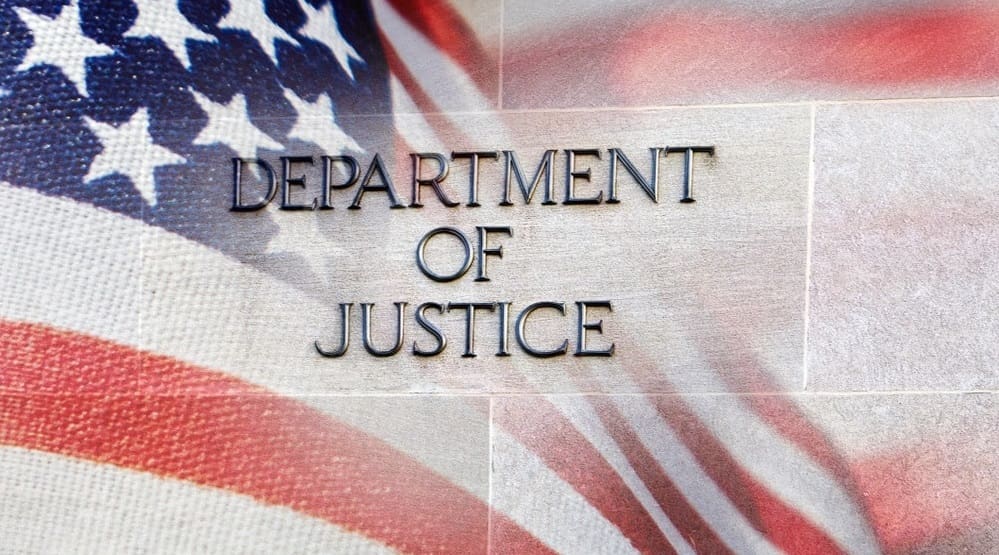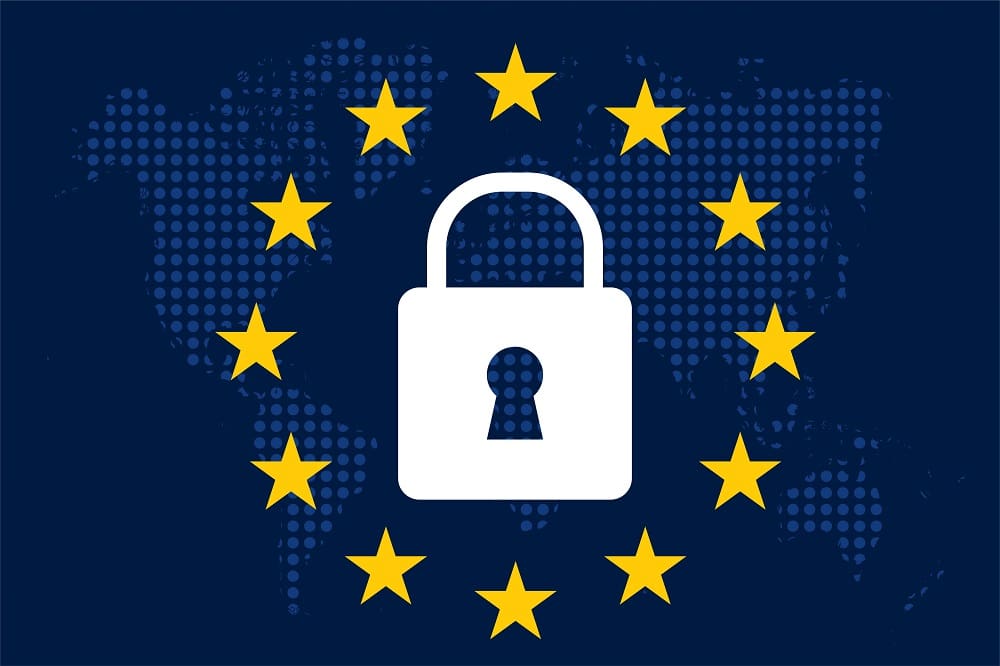The Implication for Non-FCPA Related Cases
Michael Volkov discusses the Justice Department’s FCPA Corporate Enforcement Policy, enacted late last year; its efficacy so far; and its potential impact on corporate criminal cases unrelated to the FCPA.
The Justice Department’s FCPA Corporate Enforcement Policy was announced in November 2017 with much fanfare – it was the culmination of a step-by-step process beginning with the FCPA Pilot Program. The FCPA Corporate Enforcement Policy enshrined the potential benefit of a presumption of a declination if a corporation:
(1) voluntarily disclosed the misconduct;
(2) implemented timely and appropriate remediation; and
(3) fully cooperated with the government’s investigation.
The three specific conditions impose significant obligations. A company has to meet a lengthy list of criteria and expectations within each category. Specifically, assuming the company voluntarily discloses the misconduct to the government in a timely manner, the company has to:
- cooperate fully with the DOJ’s investigation by providing all relevant facts about all individuals involved in the misconduct and de-conflicting any corporate internal investigation with the government’s investigation;
- remediate the conditions that gave rise to the corrupt activities, including by disciplining or terminating employees involved in the misconduct and remediating deficiencies in the company’s existing compliance program; and
- disgorge any profits that resulted from the FCPA violation.
In exchange, the company can earn a complete declination, but will still be required to pay disgorgement. In cases where aggravating factors are present (e.g., pervasiveness of the misconduct, executive management involvement or a company’s recidivist status), the company can earn a 50 percent reduction from the bottom of the sentencing guidelines range if the requirements are otherwise satisfied. Even if a company does not meet the first prong of voluntary disclosure, the company can earn a 25 percent reduction from the bottom of the sentencing guidelines range if it satisfies the other two prongs, remediation and cooperation.
Whether the FCPA Corporate Enforcement Policy has resulted in an increase in the number of corporations voluntarily disclosing in the hope of securing a declination is unknown. I suspect that the Justice Department has seen an uptick in the number of corporations voluntarily disclosing potential FCPA misconduct.
Aside from the issue of incentives, the Justice Department appears pleased with the FCPA Corporate Enforcement Policy. The criticisms against the new policy have been relatively few (except for the usual suspects who enjoy howling at the moon), and the policy appears to be working fairly well and bringing a new era of transparency to FCPA enforcement.
Since the adoption of the FCPA Corporate Enforcement Policy, the Justice Department has expanded the policy to include:
(1) all criminal corporate enforcement matters (except criminal antitrust prosecutions, which continue to be subject to the Antitrust Division’s Criminal Leniency Program); and
(2) corporate mergers and acquisitions, which create successor liability risks.
In March 2018, the then-Acting Assistant Attorney General of the Criminal Division, John P. Cronan, announced that the Criminal Division would consider the FCPA Corporate Enforcement Policy as “nonbinding guidance” in all corporate criminal cases, not just those involving violations of the FCPA. Even though the policy is not binding on non-FCPA corporate criminal prosecutions, the application of this policy revealed that the Justice Department believes strongly in the positive incentives and transparency benefits of the corporate enforcement policy. While the Justice Department’s rationale makes sense, there are still significant interpretation issues in connection with non-FCPA corporate criminal cases.
In a subsequent development, on July 25, 2018, Deputy Assistant Attorney General Matt Miner delivered a speech announcing that the DOJ would apply the principles of its FCPA Corporate Enforcement Policy to successor companies that identify wrongdoing in relation to a merger or acquisition. Under this policy, a successor company that voluntarily discloses wrongdoing to the DOJ (typically discovered in pre-closing due diligence or post-closing audits), cooperates with the government investigation and implements remedial measures can earn a presumption of a declination. The policy expansion is intended to encourage “companies with robust compliance programs” taking over “problematic companies” to implement strong compliance practices quickly after acquiring another company.
Speaking about the FCPA Corporate Enforcement Policy, Deputy Attorney General Rod Rosenstein underscored the policy’s intent to motivate and reward “companies that want to do the right thing and voluntarily disclose misconduct.”
This article was republished with permission from Michael Volkov’s blog, Corruption, Crime & Compliance.



 Michael Volkov is the CEO of The Volkov Law Group LLC, where he provides compliance, internal investigation and white collar defense services. He can be reached at
Michael Volkov is the CEO of The Volkov Law Group LLC, where he provides compliance, internal investigation and white collar defense services. He can be reached at 






